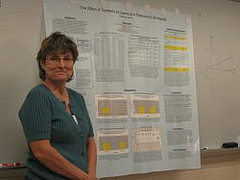
By Swati Sharma
Hopkinton High has historically been an avid competitor in the Worcester Regional Massachusetts State and Intel International Science and Engineering Fairs. Science fair was always a graded project exclusively for students taking Pre-AP Physical Science and AP Chemistry until last year when it was made an optional extracurricular activity. Since it was no a longer required project, the amount participation drastically fell, with only 5 projects being sent to the fair.  The majority of these projects went on to the State fair, and two ended up making it to the International Science Fair in San Jose, California.
This year, however, fervor for the fair has increased due to the new class titled “Honors Research Methods in Science”, which is dedicated to the preparation involved in the science fair process.
Students who participate in the fair come up with a topic for research based on a common issue in today’s engineering or science world, and follow the scientific method of research, experimentation, data collection and analysis in order to come to comprehensive conclusions about the question or issue at hand.
Once experimentation has been done, students put together displays to show to panels of judges at three fairs; exceptional projects are shown at four fairs.  These fairs include the Hopkinton High School Science Fair, the Worcester Regional Science and Engineering Fair (WRSEF), and the Massachusetts State Science and Engineering Fair (MSSEF).
Those that win first place (a single-person scientific, single-person engineering, and one group project are chosen to represent their school out of 150 schools) go on to attend the Intel Science and Engineering Fair (ISEF), where thousands of students from all over the world come to compete in areas of uniqueness of idea, thoroughness of research, and execution of presentation.
According to Mrs. Lechtanski, who spearheads the science fair pursuit, “Science fair is to provide students an opportunity to experience a long term, in depth science projecting modeling the scientific process used by scientists. Students develop an understanding of the scientific approach, learn presentation skills and how to analyze data. ”
These projects span a wide variety of topics, ranging from environmental science to biology, and sometimes physics and mathematics. “Recently, there has been a trend in engineering projects being done for science fair; environmental and energy-efficiency topics are popular. Most topics are based on a participants’ personal fields of interest, so they may vary according to that, “ describes Ms. Shire, one of the teacher mentors involved in helping students prepare their projects.
Students enjoy taking part in this competition largely in part from the immense exposure science fair research and participation brings. As Chris Jarvis, a senior who attended ISEF as a competitor last year states, “My experiences in researching for the science fair gave me an intro on what my potential career might be like in scientific research.”
As the year progresses, students will work with their teacher mentors as well as with scientist mentors, who supervise advanced projects that require a lab or potentially hazardous materials. They will use their knowledge of science, literature research, and aid of their supervisors to create presentations that may not only attract scholarships and money prizes, but also internships and maybe even patents from high-end scientific research companies such as Genzyme and EMC. Â The Worcester Regional Science and Engineering Fair will be taking place in mid March, and the Massachusetts State Science and Engineering Fair will be taking place towards the end of April.


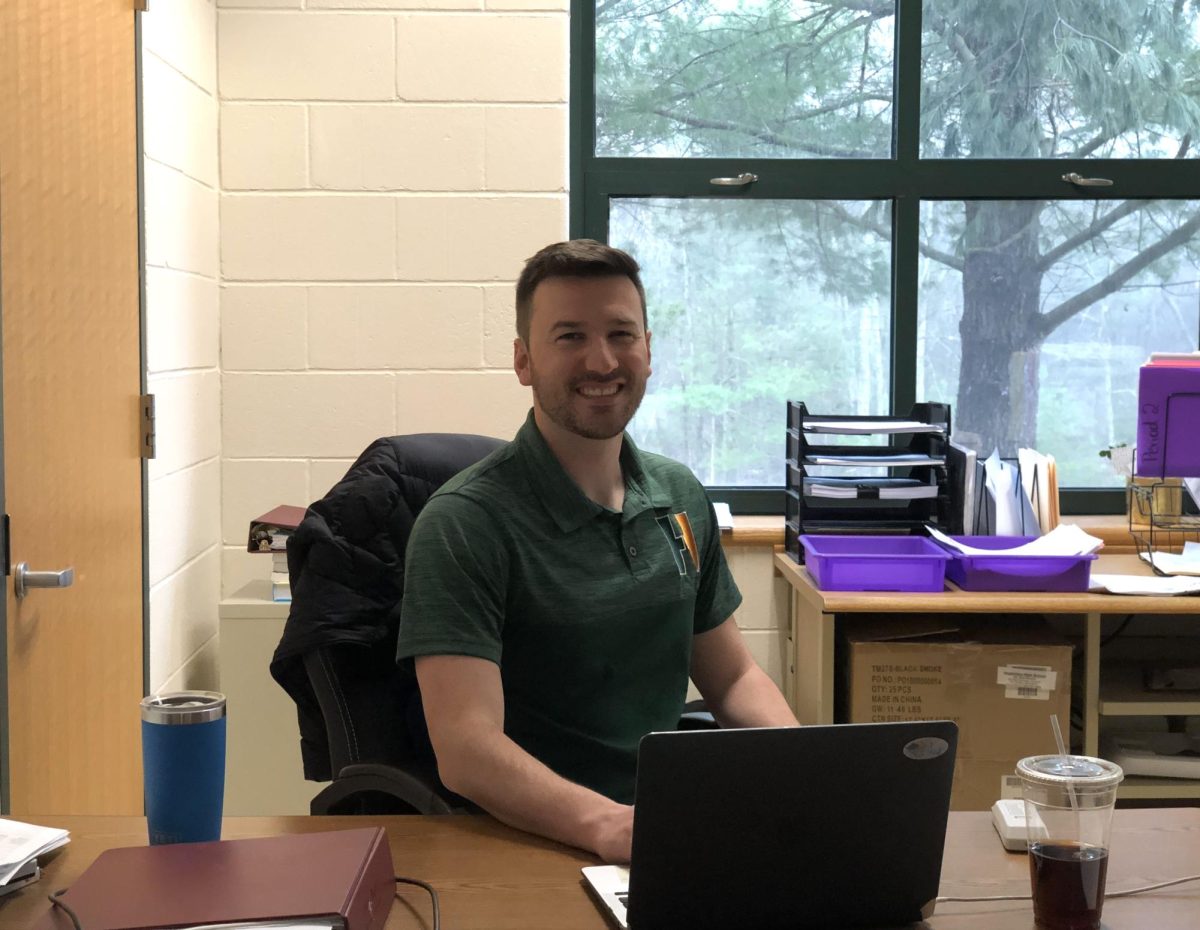
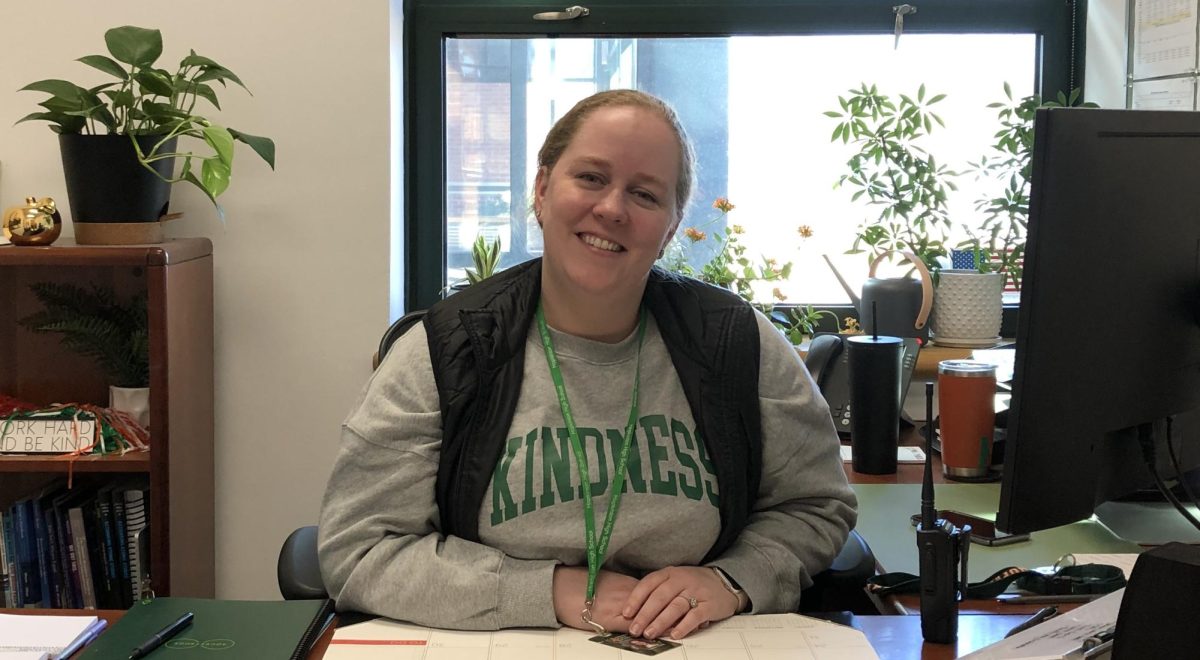
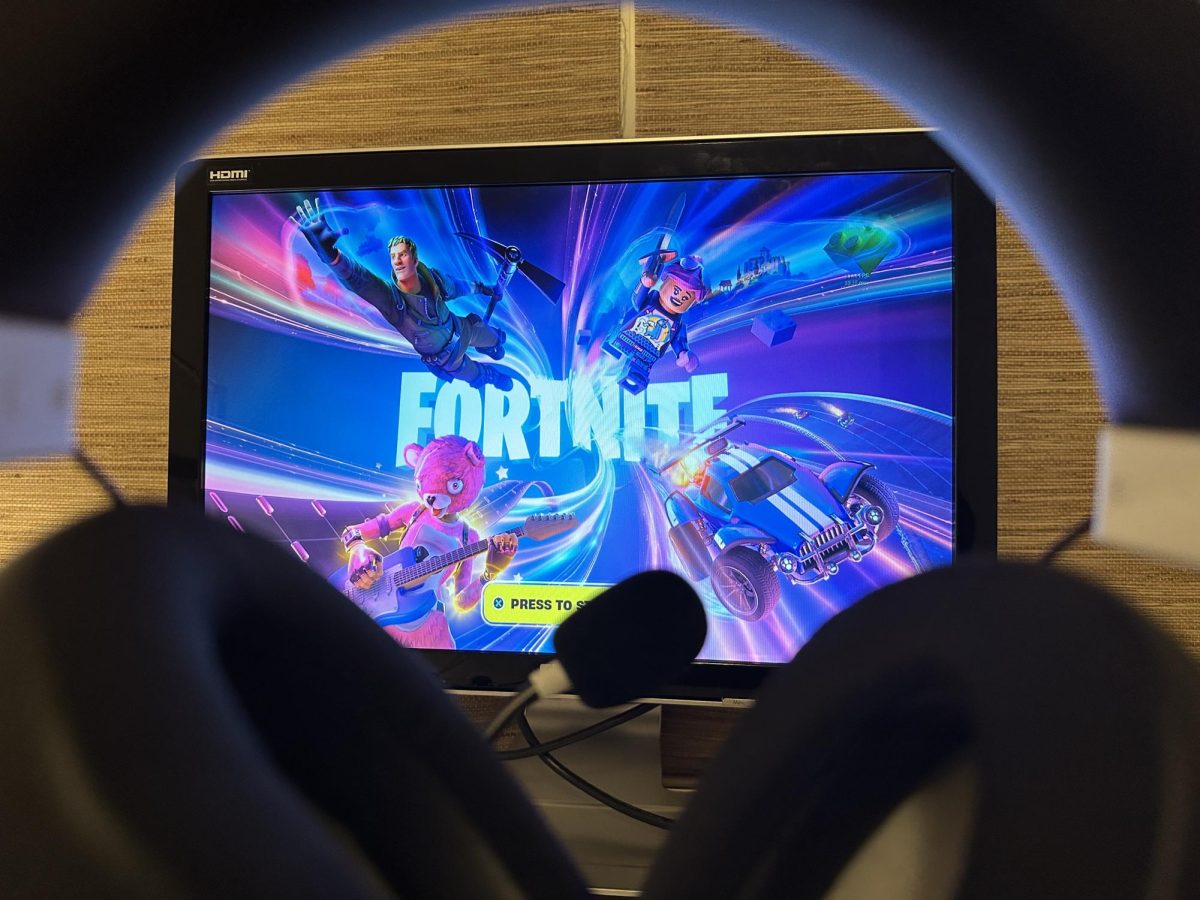
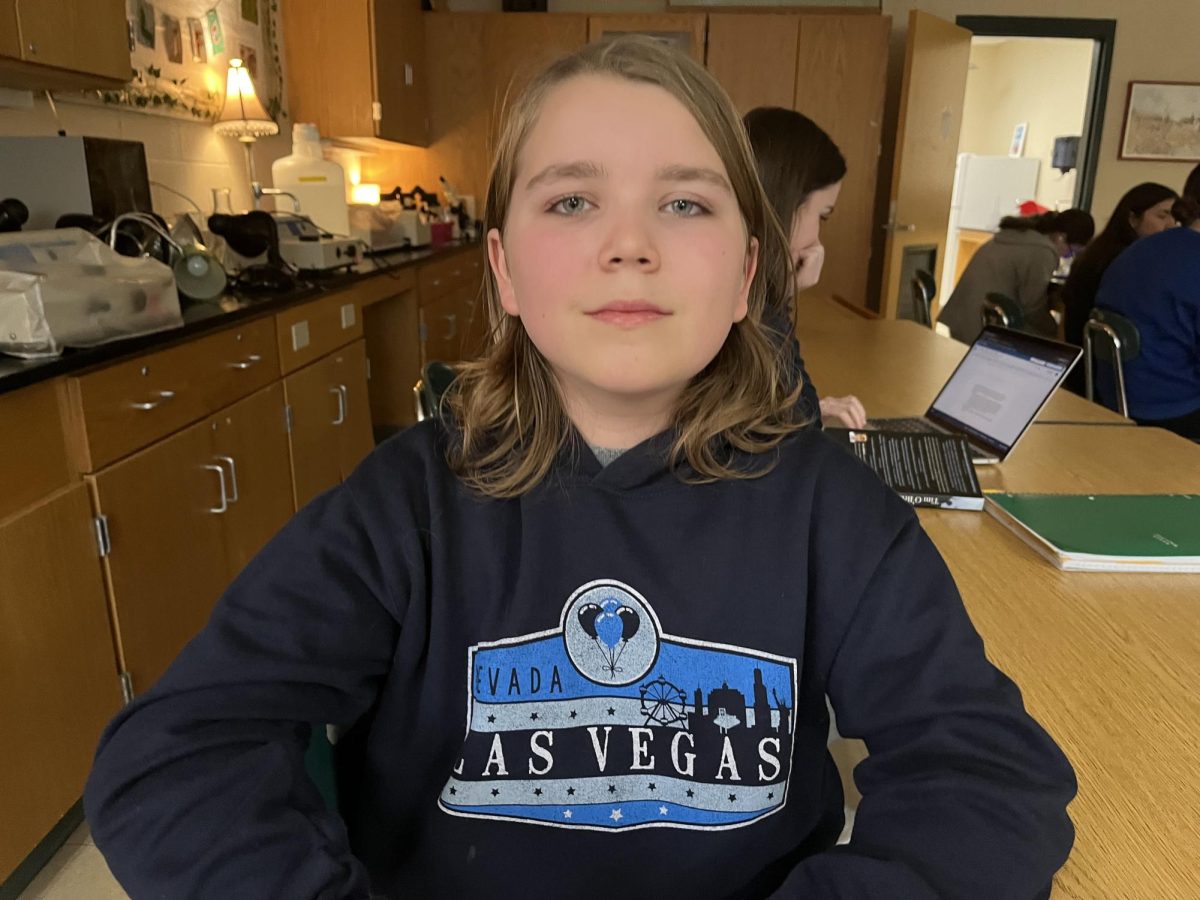

Amanda Horan • Nov 21, 2010 at 10:29 PM
Hey Swati, thanks for telling me about the newspaper I’ve known that it existed but never knew where it was. It makes me happy to know i can find where to read all these super student articles!
I like that the science fair has gone to being optional because I believe it increases the desire and drive to do it and, to do it well. The new science fair class sounds quite intresting I kind of wish I could have taken it.
Once again thank you for introducing me to the online paper I will be sure to read as I can. I’m glad that after four years at HHS I finally know where to find it!
Katie Potenzone • Nov 4, 2010 at 1:27 PM
Nice article Swati! I think it might be a better idea for HHS to keep the science fair optional, so that way the students who want to do the fair have a chance at going further. I feel like when someone wants to do the science fair, their project ends up coming out better! It will be interesting to see if there will be another “John” this year.